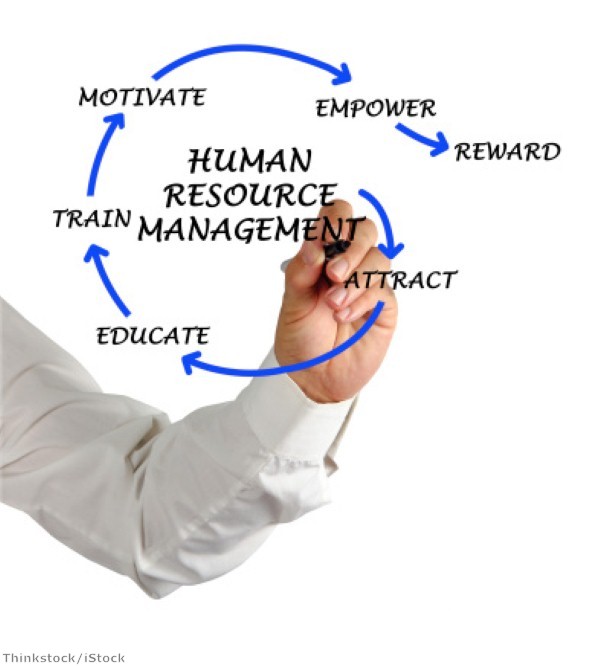Rigid organisational hierarchies are acting as a barrier to improving management and leadership skills at work.
This is according to the Chartered Institute of Personnel and Development (CIPD), which has published a new report into the topic, entitled 'Leadership – easier said than done'.
HR staff have a key role to play in addressing this situation, the organisation claims. They can do so by taking steps such as training individual leaders and improving the leadership capacity of the organisation as a whole.
Many employees who do not have formal managerial experience are now expected to "own the organisation's agenda", the CIPD claims.
As part of an approach known as 'distributed leadership', they are expected to "lead from the front" and do the right thing.
Poorly targeted training and restrictive organisational structures are serving to prevent management improvement that would help business growth and productivity, however.
Ksenia Zhelthoukhova, research adviser at the CIPD, said: "The fast-moving pace of change in the world requires a more distributed approach to leadership.
"However, our concern is that rigid organisational systems, characterised by hierarchy, short-term focus, individualism and 'us' and 'them' mentality, stifle the productivity of employees, undermining their ability to lead on the organisational agenda from the front line."
Leadership development in some organisations relies too heavily on developing the capability of individual leaders and managers, the report claims.
Outdated organisational structures and cultures can prevent potential leaders from applying what they've learnt in the training room to their work.
HR personnel can help to improve the situation by exploring the kind of leaders their organisation requires and seeing whether they would be supported by its structure.
Once priority areas have been identified, leadership training and development can be aligned to the requirements of an organisation.
HR can also play a key role by identifying people with the leadership qualities that are necessary to change the status quo. This must go beyond implementing formal processes; it should also encompass understanding where individuals are demonstrating leadership behaviours and where changes can be made in the structure of the organisation.

